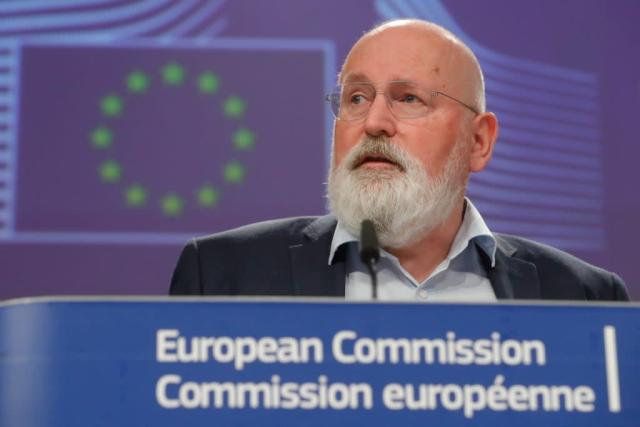Seeing the repercussions of the Russia-Ukraine conflict on its economy, Europe has decided to extend the concept of solar energy to a large scale. It has come up with a developmental plan to integrate solar panels on all newly constructed European buildings by 2030. This is due to the fact that Europe is dependent on Russia for about 40% of its renewable resources, i.e., gas, at a cost of $100 million per day, and by observing its foreign relations with Russia, it has settled on the deployment of solar panels to generate its own energy. To achieve this milestone, it has come up with a “solar rooftop initiative” which states that the installation of solar panels on the rooftops of public and commercial buildings, including residential buildings, should be made mandatory by 2029.

Coupled with this, the solar rooftop initiative would focus on urging people with the desire to install solar panels on the roofs of their buildings as soon as possible. The government itself would supervise this whole scenario and the general public, including the commercial and private building owners, would have to follow it. Moreover, the European Commission said in a statement, “There is a double urgency to transform Europe’s energy system: ending the EU’s dependence on Russian fossil fuels, which are used as an economic and political weapon and cost European taxpayers nearly €100 billion per year, and tackling the climate crisis.”
The initiative focuses on lowering the costs in the long term, eliminating the dependency on Russia for any source of energy, and capturing the market share in the future by providing green initiatives. It has been forecasted that this rooftop project of solar panels would provide around 25% of the energy for the EU’s consumption of electricity and would be capable of bringing 320 gigawatts of solar energy to Europe by the end of 2025.

Hence, Frans Timmermans, who is leading the commission’s work on the European Green Deal, said, “It is clear we need to put an end to this dependence [on Russian fossil fuels] as soon as possible and a lot faster than we had foreseen before this war. In March, we showed it could be done, and the European Council in Versailles decided it should be done. Today we show how it will be done.”


